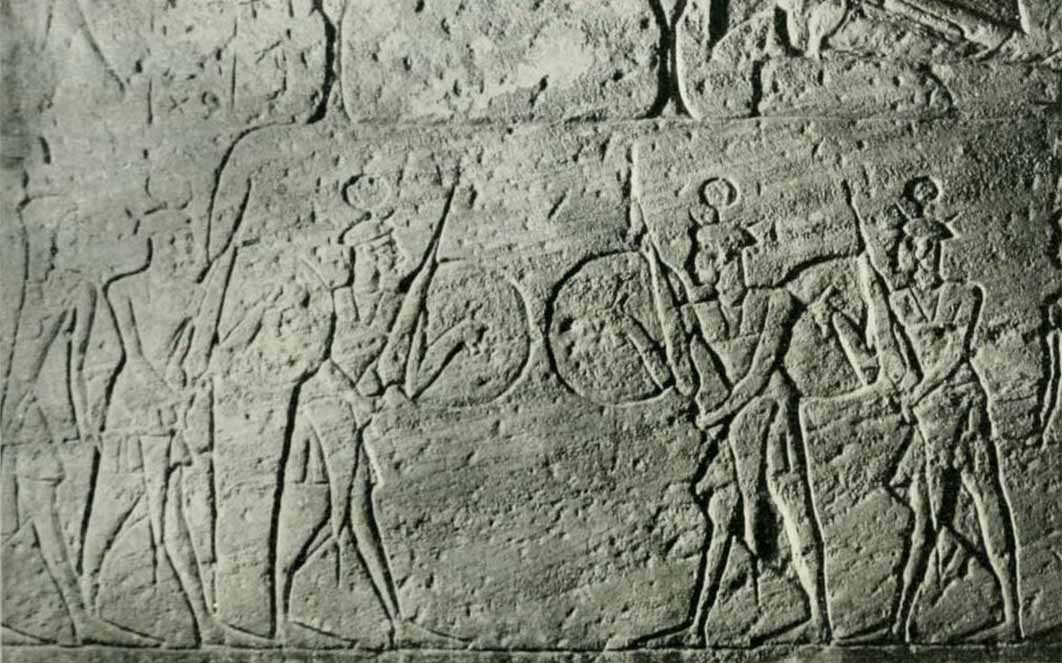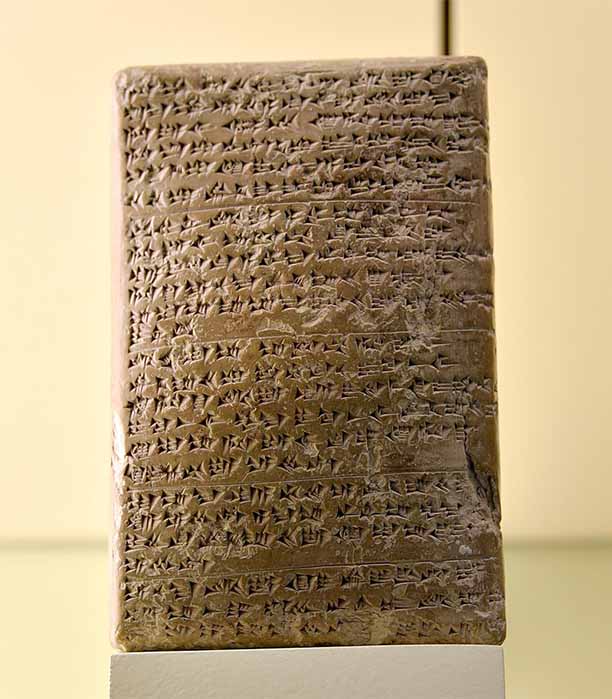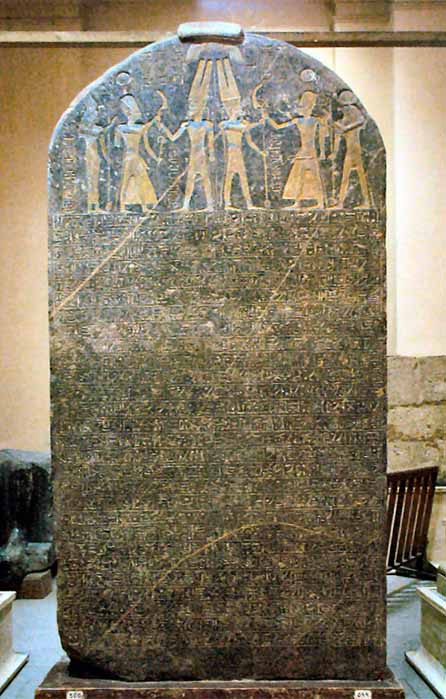
Where Did The Shardana, Warrior Mercenaries Of Egypt Originate From?
A 13th-century BC inscription of Ramesses II reads: “The unruly Sherden whom no one had ever known to combat, they came boldly (sailing) in their warships from the midst of the sea, none being able to withstand them,” referring to a group of mercenaries, called the Shardana / Sherden, famed to be the greatest of all warriors. The Shardana were recruited as mercenaries as early on as the reign of Amenhotep III/IV, when they were mentioned in the royal Egyptian correspondence found at Amarna as having served the Prince of Byblos. Later, for a period of more than 200 years from the time of Ramesses II, they often served as mercenaries for the Egyptian kings. In Egypt, they were stationed in garrisons called the “Strongholds of the Sherden” that were located throughout the land.

Members of Ramesses II's Sherden personal guard in a relief in Abu Simbel. (Public Domain)
The Shardana in History
The Shardana (šrdn) were mentioned as having participated in raids against Egypt in the time of Ramesses II, more than one hundred years before the Trojan War. They were probably the same people as the še–er–ta–an–nu (a possible Akkadian equivalent for the Egyptian term, šrdn) who were involved in earlier raids during the reign of Amenhotep III (fl. c. 1378-1339 BC), when pirates raided the Egyptian coastline.
If they were in fact one and the same people, which seems quite likely, they could very well and also have been the same people referred to in the Amarna letters by the King of Alashia (Cyprus) as “men of Lukki [Lycia]”, who had been involved in raiding expeditions. According to him, “year by year, [they] seize villages in my own country”. The King of Alashia makes mention of this in reply to the Egyptian king’s accusations about Alashians taking part in raids on Egyptian territories. This shows that pirates and raiders, amongst whom the Shardana, were coming from Lycia on the Anatolian coast.

Amarna letters. Correspondence between the King of Alashia and Amenhotep III of Egypt. (Circa 1380 BC) Tell el-Amarna, Egypt. Vorderasiatisches Museum, Berlin (Osama Shukir Muhammed Amin/ CC BY-SA 4.0)
These raids were also mentioned in a Hittite text, the so-called Indictment of Madduwatas, dating from the early 14th century BC. In this document a warlord associated with Lycia, called Madduwatas, is charged with conspiring with Attarissiyas of Ahhiya (Achaea) to carry out raids on Alashia (Cyprus). These raids were conducted during the time of the Hittite King, Arnuwanda I (fl. c. 1390-1370 BC).
The name of one of the culprits, Attarissiyas, agrees with the Greek name, Atreus, forebear of the Pelopide kings, whose family originated from Anatolia. There is also information about his accomplice in the mentioned raids: Madduwatas. Madduwatas was married to the daughter of the King of Arzawa (Lycia), the capital of which was Apasa (Ephesus). Scholars have proposed that the name Madduwatas would have been rendered in Greek as Madyattes, a name similar to those of the Lydian kings of later ages, such as Alyattes and Sadyattes. In fact, Madyattes can be simplified to Adya(s) or Atyas, name of the Lydian king and founder of the Lydian Dynasty of the Maeonians, who ruled before the Heracleidae took power and rose to the throne.





